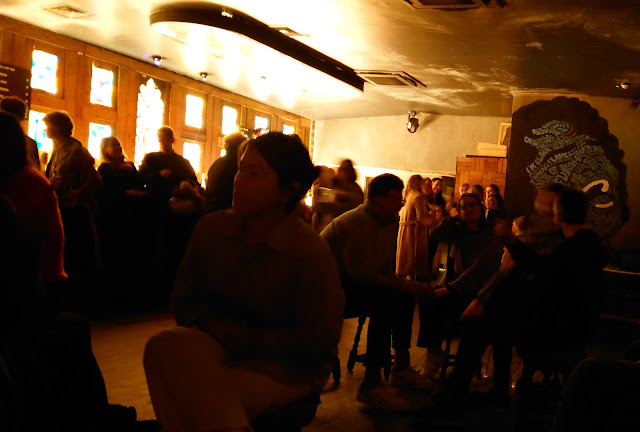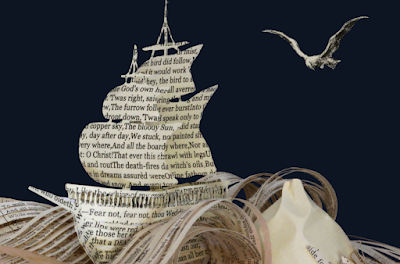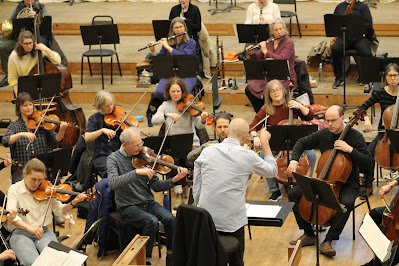 |
| Clockwise from left: Masaaki Suzuki, Sir András Schiff, Peter Whelan,
Louise Alder, Riccardo Minasi, Maxim Emelyanychev, Alina Ibrigamova. |
With the various press announcements for the 2023/24 season coming out, it is noticeable that many organisations are opting for safety, and the mixture as before. So, it is heartening that some organisations are continuing to programme with imagination and daring (do check out the Scottish Chamber Orchestra's tempting 2023/24 season plans). The Orchestra of the Age of Enlightenment has recently announced plans for its season at the Southbank Centre, and very tempting they are too.The season opens with a concert directed by violinist Matthew Truscott that includes Haydn's first and last symphonies, along with Symphony No. 51 and the Sinfonia Concertante in B flat major, lovely to see Haydn being put squarely in the centre rather than tucked in behind someone else.
Masaaki Suzuki returns to conduct a complete performance of Bach's Christmas Oratorio, spread over two evenings alongside other choral works by Bach. Easter sees Bach returning, with Peter Whelan conducting the Easter Oratorio.
Conductor James Redwood and writer Hazel Gould have been applying their imagination to the problem that is Purcell's The Fairy Queen, and have come up with The Fairy Queen: Three Wishes, a new community opera which will include students from Acland Burghley, primary schools in Camden and the orchestra’s musical communities around the country. Redwood and Gould transform Purcell’s 1692 opera into a magical adventure for the whole family.
Acland Burghley School, the North London comprehensive, is the base for the orchestra’s offices and library, a number of in-school programmes - such as Musical Connections, supporting students with special educational needs and disability, and the Dreamchasing Young Producers funded with support from former F1 boss Ron Dennis’ foundation - as well as community performances and rehearsals.
Riccardo Minasi conducts the orchestra in an all-Mozart programme featuring soprano Louise Alder arias from Così fan tutte and Le nozze di Figaro plus two concert arias. Maxim Emelyanychev, principal conductor of the Scottish Chamber Orchestra, conducts a programme centred on Sibelius' Symphony No. 5 with music by Glinka, Rachmaninoff and Grieg. Definitely one for the diary to hear how a historically informed approach changes the sound world in Sibelius.
The season ends with Sir András Schiff joining the orchestra for another one of his marathons. This time it is Mendelssohn. At first, this does not feel like pushing the boat out, but we still take Mendelssohn for granted; when was the last time you heard all his symphonies. Schiff, directing and playing, will be giving us all four symphonies, two piano concertos and the Violin Concerto with Alina Ibragimova.
The OAE recently announced its new cohort of Rising Stars of the Enlightenment. During the 2023/24 season at the Southbank Centre, the Rising Stars will appear as soloists in the Easter Oratorio and the Mendelssohn's Symphony No. 4 ‘Lobgesang’. The Rising Stars for 2023 - 2025 are: Madison Nonoa (soprano), Frances Gregory (mezzo-soprano), Rebecca Leggett (mezzo-soprano), Laurence Kilsby (tenor), Malachy Frame (baritone) and Florian Störtz (bass).
The OAE’s 2023/24 activity in London doesn't stop here and plans also include OAE Tots concerts at the Southbank Centre and Acland Burghley School, another series of Bach, the Universe and Everything at Kings Place - in which Bach’s cantatas meet astronomy - and The Night Shift will return to pubs and bars around the capital.






















.jpg)

.jpeg)





.jpeg)